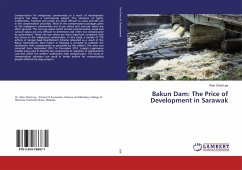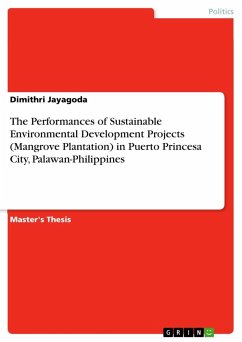Compensation for indigenous communities as a result of development projects has been a controversial subject. The elements of rights, entitlements, freedom and justice are often difficult to value and left out in the compensation processes. Most of the compensation packages given to the indigenous communities are in-use values and non-use values are often ignored. The non-use values which include environmental, social and cultural values are very difficult to determine and often not compensated by government. These non-use values are more important compared with use values to the indigenous communities. In this study, a sample of 379 settlers in Sungai Asap Resettlement Scheme relocated as a result of the Bakun Hydroelectric Dam Project in Malaysia is surveyed to estimate the satisfaction with compensation as perceived by the settlers. The data was collected from September 2012 to December 2012. Logistic regressions models were used to identify the components of valuation of displacement cost that affect the settlers' satisfaction with compensation. The study of compensation valuation can result in better policies for compensating people affected by large projects.
Bitte wählen Sie Ihr Anliegen aus.
Rechnungen
Retourenschein anfordern
Bestellstatus
Storno








